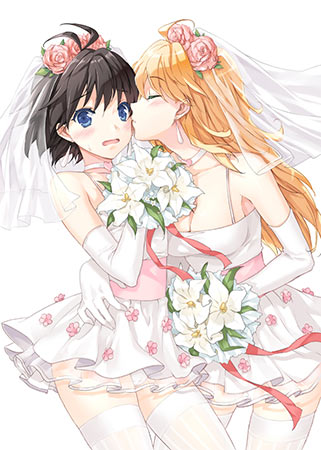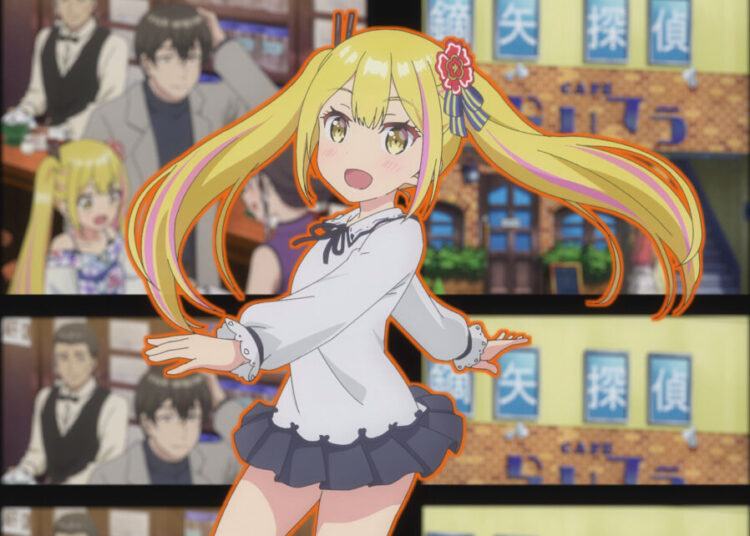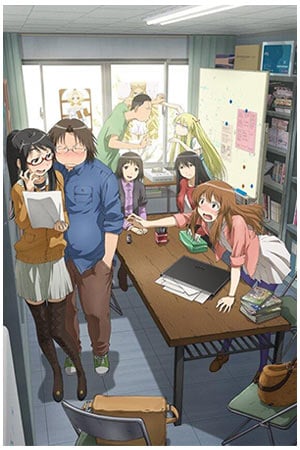Do the Japanese say “I love you”? It’s an interesting question that touches on cultural issues as well as linguistic. There are several ways to express the concept of love in Japanese, with the most casual being 好きです suki desu (“I like you”) or 大好きです dai-suki desu (“I ‘big-like’ you”), both of which imply romantic love when used with a person as the object; or the phrase 愛してる ai shiteru, which specifically means “I love you.” As a general rule, Japanese couples verbally express love for each other a lot less than is done in the West. Part of this is just the culture — strong feelings like love are not displayed openly since (I’ve been told) saying a thing over and over again can rob it of its real meaning. Instead, Japanese couples in love rely on a concept baffling to foreigners called 無言了解 mugon ryoukai, or “wordless communication,” a kind of telepathic text-messaging that enables an idea to be perfectly understood by both parties even though it’s never stated overtly. The concept of love can seem quite abstract in Japanese, and there are multiple Japanese words for the term. The word 恋 koi usually describes romantic love, while 愛 ai is a higher kind of love that is used for family or anyone who’s very dear to you, or the steady, slow-burning love of marriage. These two words are combined into a compound word to make a general word for love that marries both sides, which is 恋愛 ren’ai.

The concept of “love” is rather deep in Japan.















